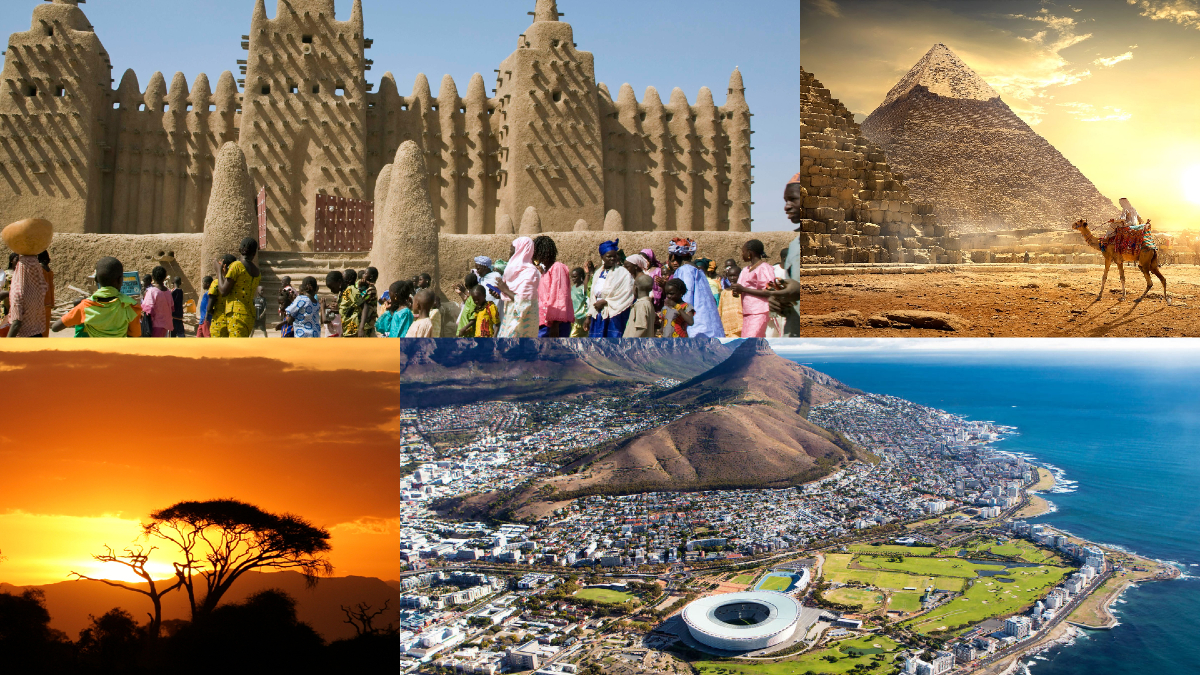
African nations have secured strategic leadership positions within UN Tourism’s governance structure during the organization’s 68th Regional Commission for Africa session in Abuja,signaling a shift toward continental sovereignty in tourism development.
The appointments include Angola,Kenya,Seychelles,Zambia,and Zimbabwe to the Executive Council for 2025-2029,strengthening Africa’s voice in global tourism policy-making. Zambia will assume the Regional Commission presidency from 2025-2027,with Angola and Nigeria serving as vice-presidents.
UN Tourism Secretary-General Zurab Pololikashvili emphasized partnership and resilience as cornerstones of African tourism recovery. “Progress rests on partnership,and Africa’s story is one of resilience and renewal,” he stated,highlighting the continent’s rapid tourism rebound through streamlined protocols and digital innovations.
The session unveiled three transformative pillars for African tourism. First,digital innovation and artificial intelligence will expand market access while addressing the continent’s digital divide. Morocco will spearhead this initiative through a new Thematic Bureau on Innovation for Africa,designed to drive investment,capacity-building,and digital transformation in tourism. The bureau positions the kingdom as the region’s technological catalyst.
Second,creative industries including music,cinema,fashion,and gastronomy will drive economic inclusion and tourist attraction,moving beyond traditional hospitality chains to redistribute tourism revenues to creative communities.
Third,youth education and entrepreneurship programs,including specialized academies in Zambia and Zimbabwe,will cultivate the next generation of tourism leaders.
Seychelles will host the 69th Regional Commission session,while Cabo Verde secured hosting rights for World Tourism Day 2027,showcasing these nations’ capacity for major international events.
The strategic vision crystallizes in the session’s final declaration: “Tourism led by Africans,powered by innovation,and rooted in cultural identity.” This marks a decisive shift from passive tourism reception to building an endogenous,inclusive model where tourism serves as a tool for sovereignty and shared growth.
United News - unews.co.za